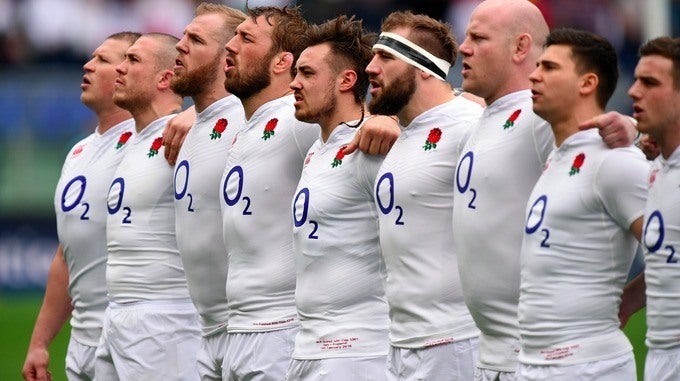Doom and gloom for Borthwick’s young England side; but should it be?

The second half of England’s 2024 is all but finished and on the face of it, it looks pretty bleak. 5 losses in a row, including to an Australian team that hadn’t won at Twickenham since the now infamous 2015 World Cup Campaign, and an Autumn that has provided more questions than answers.
The ‘blitz’ defensive system implemented by Felix Jones and now ran by Joe El-Abd, looks a shadow of the force that saw England victorious over Ireland in the six nations. The tactic is defined by rapid, aggressive line-speed, aiming to meet opposition players early and prevent them from moving the ball. It can be hugely effective, as South Africa demonstrated en route to back-to-back World Cup titles, but if executed poorly it can look especially ugly, as it has done at various points throughout this run of fixtures.
El-Abd, a coach without the pedigree of his predecessor and a close friend of Borthwick, has received significant (albeit not unfair) criticism, as fans and pundits alike suggest abandoning the system. However, whilst England have been unsuccessful this Autumn, the bigger picture is more promising.
Of these five losses, two were away in New Zealand. England have only won two games in New Zealand in history, and they came within a two points of doing so in Dunedin this summer. The third was at home to New Zealand, which England were one drop kick away from winning at the death. The fifth of these losses – and the only one to have been by more than seven points – was to double world champions South Africa.
A shock loss to a resurgent Australian team aside, a young England side physically matched South Africa and New Zealand, and led in the second half of each one of these encounters – that should be seen as a positive sign.
Rightly or wrongly, this England side, and Borthwick himself, will be judged on the World Cup in just under 3 years time. They feel the blitz defence is their best route to success, and have blooded a considerable amount of young talent this autumn, with the future in mind.
The teams age profile is something to note too; Jack Van Poortvliet, George Martin and Tommy Freeman are 23, Fin Baxter is 22 whilst two of England’s strongest performers this autumn have been 21 year olds Chandler Cunningham-South and Manny Feyi-Waboso. A side with this age profile competing against the world’s best teams is impressive, and often overlooked.
Perhaps it is the manner of the defeats that has frustrated fans, England have often struggled to close out games, and have appeared rudderless at times. As the old adage goes after all, losing does become a habit. An over reliance on Marcus Smith for creative spark is another concern, attacks have often seemed unimaginative and flat before his involvement. But, the fact remains, this team have the raw materials to be a successful one; the – not easily coached – power and dynamism can be seen throughout the side, whilst the (in theory) more easily remedied decision making and structures appear to be somewhat lacking.
So we leave Autumn with England in need of a positive Six Nations campaign next year. There are certainly plenty of signs to suggest that is on the cards, but can they shake their losing habit?
Words by Freddie Waterland.
